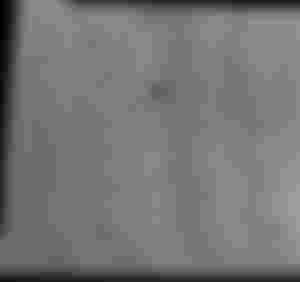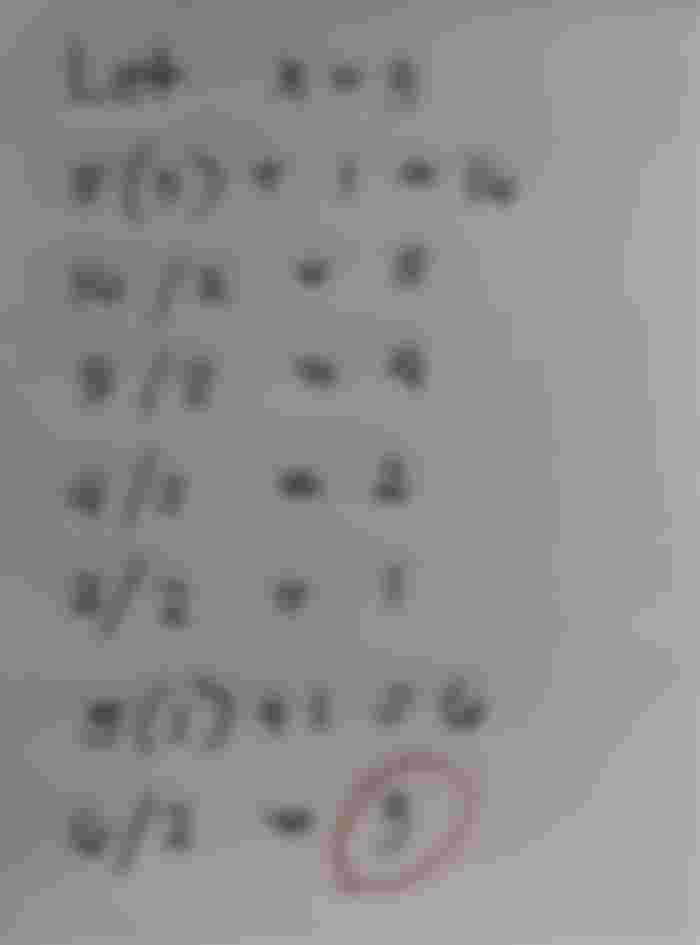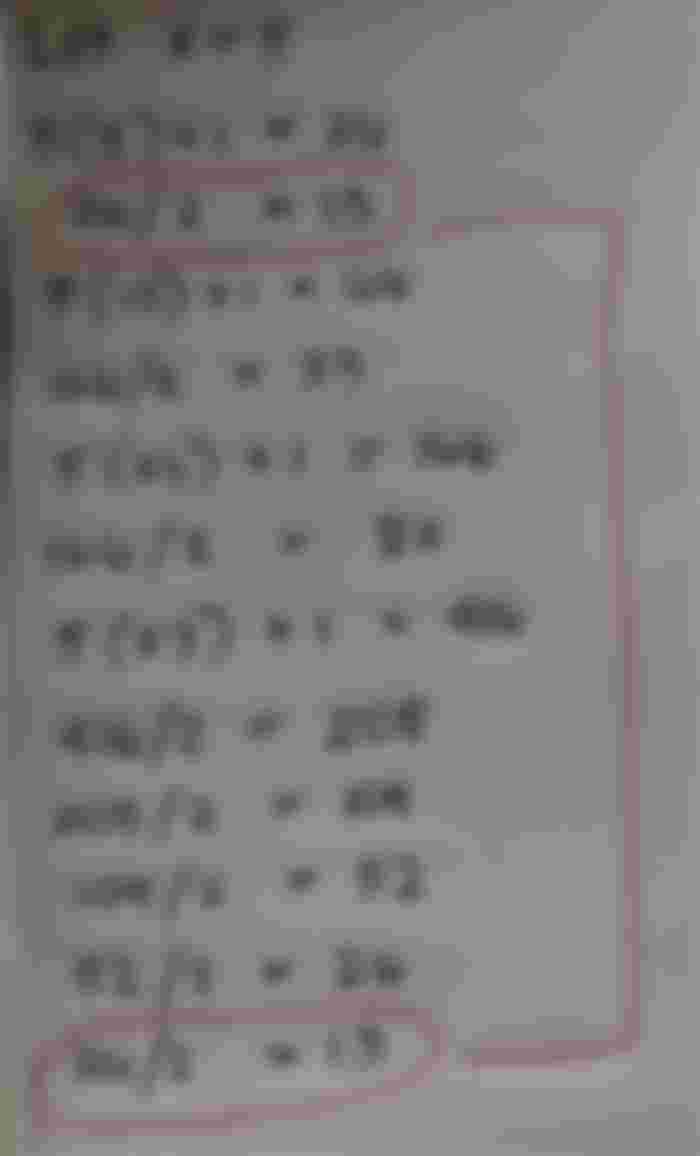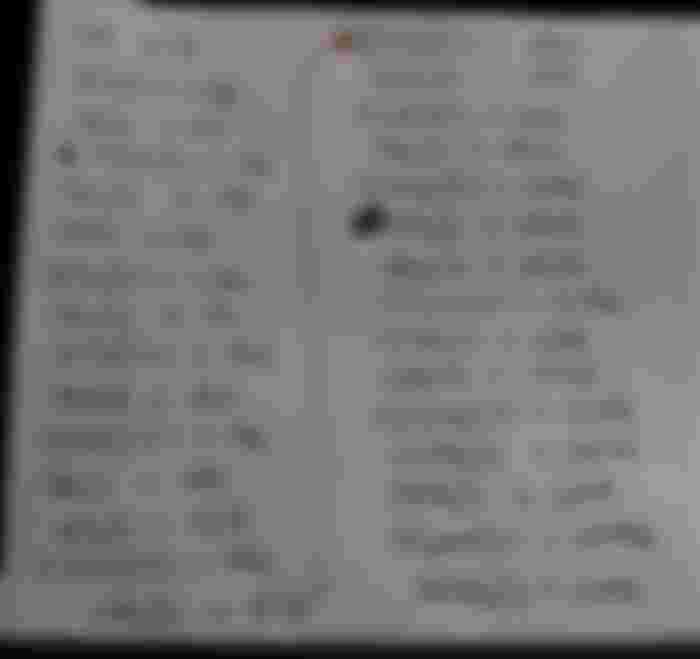I was browsing on Facebook and watching random stuffs when I bumped into one of the Veritasium's video that caught my attention which has then urged me to try solving this very challenging math problem.
But before we start, allow me to give you a short introduction about Collatz Conjecture.
In 1937, Lothar Collatz introduced an unsolved mathematical problem that can be defined as a sequence that can begin with any positive integer. If it is odd, multiply that number to three and add one (3x+1). If it is even, divide that number by two (x/2). Eventually, at the end of the sequence you will get 1. From there, if you continue following the rule it will be an endless loop.
Since 1937, no one was able to solve this problem. In year 2000, the publisher of Uncle Petros and Goldbach’s Conjecture made an announcement that the first person to prove Collatz Conjecture before 2004 will get 1 million dollars. However, not a single person ever succeeded in solving this problem. But we never give up, just lately...
"Bakuage Co., Ltd. headquartered in Shibuya, Tokyo, announced on July 7, 2021, that it is offering a prize of 120 million Japanese yen (*) to anyone who has revealed the truth of the Collatz conjecture, an unsolved mathematical problem."
As of today, May 28, 2022, 120 million JPY is equivalent to $943,878.60 which is a little smaller compared to one million dollars. However, this is still a large amount of money who will instantly change someone's life. But of course, this is a challenging problem unsolved for 85 years. And let us also not forget what Prof. Alex Kontorovich said in Veritasium's video when he was asked, "Why is 3x + 1 so famous?"
"Among professional mathematicians, maybe it's not famous but infamous, in the sense that if someone actually admits in public that they're working on it, then there's something wrong with them."
And yeah, I am trying to solve that now but it doesn't mean there's something wrong with me. Just killing time, I guess.
Starting from a scratch

Looking at the two rules of Collatz Conjecture, I realized that the relationship between the two is they are backward counting numbers (3,2,1) as illustrated in the photo. So I thought that maybe if I try to create another problem following this rule, I might be able to solve the problem if it is as exactly as Collatz Conjecture.

If odd, multiply the number by 5 and add 3 (5x+3)
If even, divide the number by 4 (x/2)
Let's test it! We will pick number 7 as our x. Since 7 is odd, 5(7) + 3 = 38/4 = 9.5
Okay stop! Hahahahaha that is wrong. We ended up at a number with a decimal which means if we try to continue we will be getting more decimals in our answers later on. I wonder if I can even take it as a try. I'm not smart but we will keep trying.
Second Attempt
I realized that maybe it is really impossible so I tried looking on some other patterns that I might use but unfortunately I found nothing. However, I stumbled upon this thought "that maybe I make +1 constant because that will make our number even and make divided by 2 also constant so I will arrive at answers without decimals."
I have come up with,
If odd, multiply the number by 5 and add 1 (5x+1)
If even, divide the number by 2 (x/2)
Let's test it!

As you can see in the image above, our end result is 3 which is also our x. This means that if we continue this process, it will be an endless loop which is similar to Collatz Conjecture. However, what happens in Collatz Conjecture, every time it reaches 1 and when the process is continued you will continue getting 4,2, and 1 answers.
In some cases, the problem that we just formulated maybe true for some numbers. Nothing is certain yet. So, I decided to try more and see if we will get the same results.

For x=5, we did not arrive on the same answer like we have on x=3. But, we get a very similar result which is an endless loop (we will always go back at 13).
I did not get the same results, so should this mean that I give up already? Well, answer is no. I want to try the problem I formulated with another sample.

For x=9, I would say it is not ending and the number is not even getting smaller. In fact, it just gets bigger and bigger. So for this, I would say that,
If odd, multiply the number by 5 and add 1 (5x+1)
If even, divide the number by 2 (x/2)
is not even close to being an example at creating a problem similar to Collatz Conjecture.
Final words
Well, after coming up with that 5x+1 and x/2, and trying it with numbers then get a result quite similar to Collatz Conjecture, I felt that I was really close to solving the problem. But in the end, I still did not get it. This is for sure a challenging problem and getting that 120 million JPY will not be easy.
I enjoyed this journey and somehow at some time again, I would love to kill my time with this challenging nerve-wracking problem in the future. And I also hope that I will solve this first before others do. HAHAHAHAHAHA just kidding.
I hope you also enjoyed reading this!
Reference(s):
Prove a Theorem, Win $1,000,000! - abcnews.go.com
The Simplest Math Problem No One Can Solve - Veritasium
Photo by Antoine Dautry on Unsplash





See also:
https://en.wikipedia.org/wiki/Collatz_conjecture